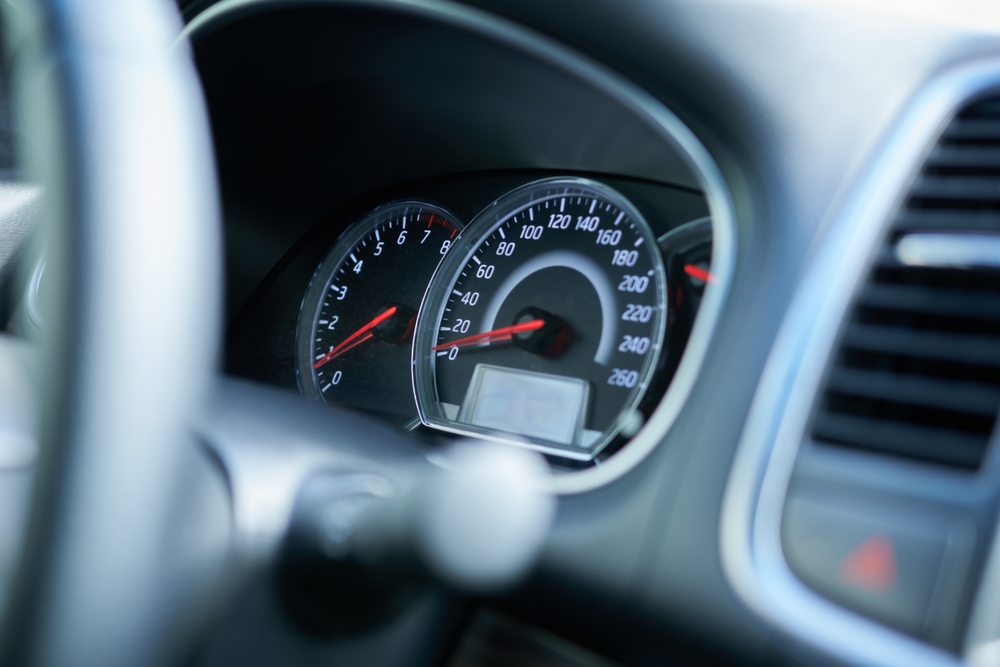Vehicle expenses can be a real headache for even the most organized entrepreneurs. Who hasn’t been tempted to just toss every receipt in a shoebox and hope for the best? If you have an LLC, getting vehicle depreciation right can shave a noticeable chunk off your tax bill for years to come. The trick is understanding the rules, and more importantly, which ones actually apply to your situation.
This article breaks down why depreciation matters, how to simplify things for your LLC, and the key steps to stay comfortably off the IRS’s radar.
Who should own the business vehicle?
This is the first big fork in the road.
- LLC-Owned Vehicle
When your LLC owns the car or truck, it’s a company asset. All related deductions like fuel, repairs, insurance, and depreciation flow through to your business tax return. Generally, this gives you the cleanest and largest tax write-offs. - Personally-Owned Vehicle
Buy the vehicle in your own name, and mileage or expense deductions get trickier. You can only deduct costs tied directly to business activity, since the car itself belongs to you, not the LLC. Essentially, your company “borrows” the car for work purposes.
You also have insurance and liability considerations:
- With LLC ownership, your personal assets are usually better protected if something goes sideways (like an accident on company time).
- Personal ownership often means cheaper insurance, but mixing business errands and family trips can get murky from a liability and tax standpoint.
Before signing any paperwork, take a moment to think about what makes the most sense for your work and your comfort level with risk.
How does depreciation save money?
Let’s define “depreciation.” When you buy a business vehicle, you can’t just write off the full price tag in year one (unless you qualify for certain exceptions; more on that in a second). The IRS wants you to spread that deduction out because, theoretically, the vehicle loses value gradually as you use it for work.
There are a few ways you can depreciate a vehicle:
- Standard Depreciation (MACRS): The deduction is spread out over five years, which is the standard for most business vehicles
- Section 179 Deduction: For some vehicles, you can potentially write off a large chunk (sometimes even the entire cost) in the first year, if you qualify
- Bonus Depreciation: This is an extra boost that may let you deduct even more up front, sometimes combined with Section 179, but the percentage changes every year, so timing is everything
Leases are a different ballgameLeased vehicles aren’t depreciated. Instead, you deduct the business-use portion of the lease payments. |
Should I use actual expenses or the standard mileage rate?
Once you’ve got your business vehicle, you’ve got two main options for claiming ongoing expenses:
- Actual Expenses
Add up everything: gas, insurance, maintenance, repairs, plus the annual depreciation. Deduct the fraction tied to business use. - Standard Mileage Rate
Multiply your annual business miles by the IRS-permitted rate (it’s 67 cents per mile for 2024). It’s fast, straightforward, and sometimes more generous for high-mileage drivers.
Whatever method you pick, you’re typically locked in for that specific vehicle. If your business mileage claims are sky-high or your recordkeeping looks sloppy, you could be tempting fate with an audit. Keep things honest and be able to back up your numbers.
What counts as ‘business use’?
Sorry, not every coffee run or school pickup qualifies.
Business miles generally include:
- Heading to meet clients, partners, or job sites
- Deliveries, picking up supplies, or work-related errands
- Branding efforts (yep, a vehicle wrap displaying your business logo counts!)
What doesn’t count:
- Your usual commute from home to your main workplace
- If your home is your primary office and you occasionally travel to your business headquarters, that does not count as commuting
- Personal detours, errands, or non-business family trips
It’s tempting to eyeball it, but precise mileage logs (old-fashioned notebook, spreadsheet, or a dedicated app) could be a lifesaver if the IRS ever asks. Be sure to note the who, where, when, why, and how far for every business journey.
Does my LLC’s tax classification change anything?
How your LLC is taxed affects where those deductions land:
- Single-member LLC: Car expenses flow through to your personal tax return on Schedule C
- Multi-member LLC: Deductions are divided among owners (by ownership share) via Schedule K-1 from Form 1065
- S-Corp: The business takes the expense, but if you’re an owner-employee, you need to pay yourself a salary
- C-Corp: The vehicle (and related deductions) belongs entirely on the business’s books
What about Section 179 and bonus depreciation?
Front-loading your deduction with Section 179:
- If your vehicle qualifies and is used at least 50% for business, you can write off all or most of the purchase price right away
- Some restrictions apply, especially for large SUVs (you can’t always write off the full amount)
- The LLC must have enough taxable business income to make the full deduction “count”
- The business must make a profit for the income to be used in that year
Bonus depreciation:
- Sometimes, you can pair this with Section 179 for an even bigger first-year deduction
- Applies to most new and, in some cases, used vehicles, provided it’s the first time your company has used it
- Recent legislation made it 100% going forward
Which path is best?
If a big up-front deduction suits your year, go for Section 179 and/or bonus depreciation. If you’d rather spread deductions out (maybe you’re expecting higher profits in future years), stick to annual depreciation.
What do I need to keep for my vehicle records?
Solid paperwork is your best line of defense. Here’s what you absolutely need:
- Every receipt: gas, insurance, service (digitally or the paper kind, if you’re old-school)
- Keep a detailed mileage log, don’t rely on guesswork
- Note the purpose of every business trip
- Hang onto your depreciation schedule for tax time
- Be honest about your business-use percentage and never toss your records; vehicle expenses are a favorite audit target
The Bottom Line
Handled wisely, writing off your business vehicle is one of the smartest ways to cut your LLC’s tax bill and sometimes your personal taxes as well. Like anything tax-related, the details matter: how you own the vehicle, how you use it, and how closely you track expenses will make all the difference.
With a little organization and some strategic planning, you can capture every deduction you deserve without sweating about a potential audit.








